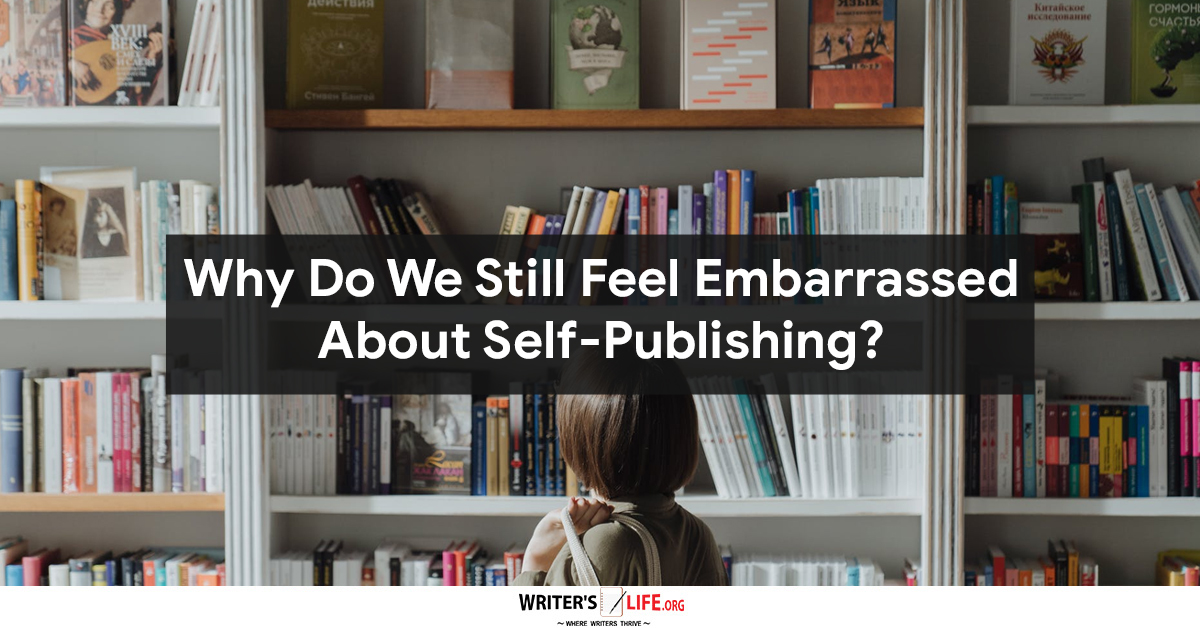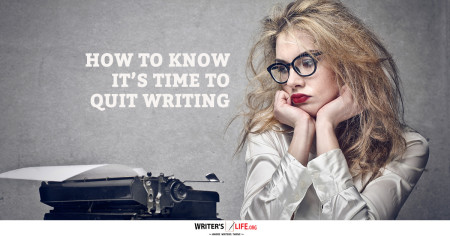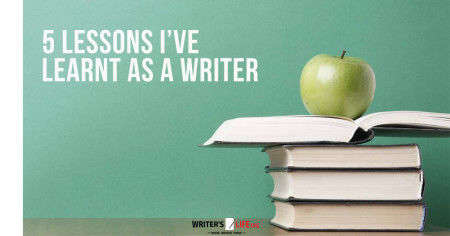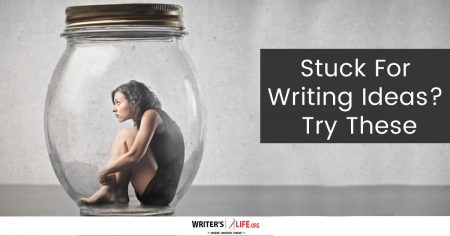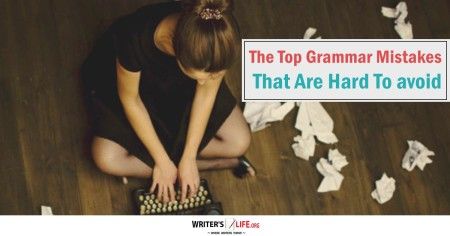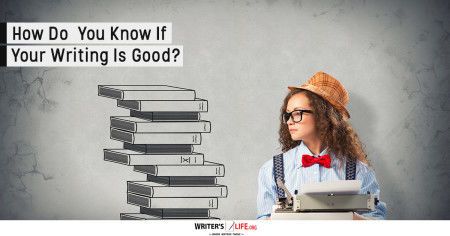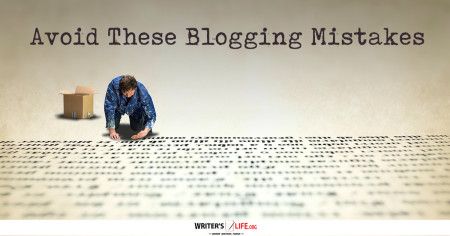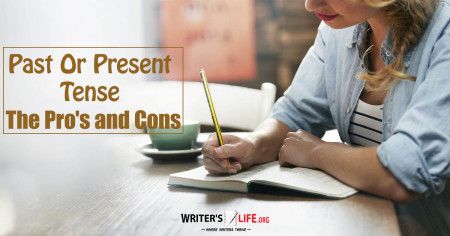- How To Tackle Jealousy In Creative Writing
- Common Submission Mistakes
- How To Stop Your Blog Becoming Boring
- The One Thing Every Successful Writer Has In Common
- How To Make Yourself Aware Of Publishing Scams
- Why Almost ALL Writers Make These Grammar Mistakes At Some Point
- 5 Tips For Authors On How To Deal With Rejection
- Top Mistakes to Avoid When Writing a Novel
- How to Avoid Common New Writer Mistakes
- 10 Mistakes New Fiction Writers Make
Copyright Law For Authors?
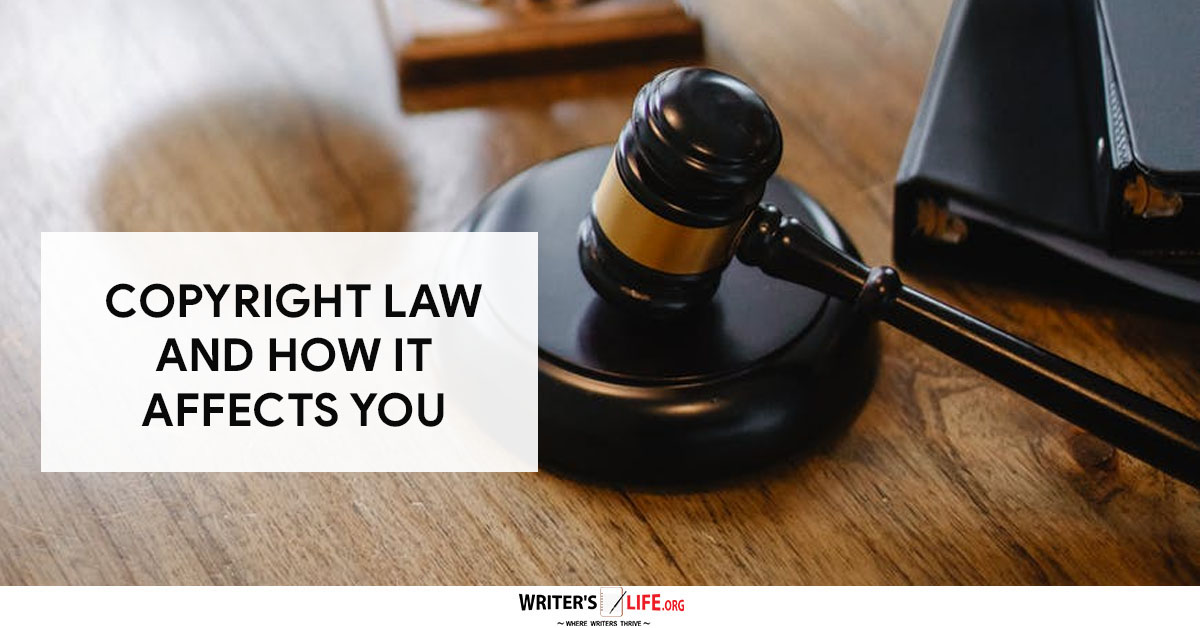
Understanding copyright law for authors is paramount for every writer- so read on to discover exactly what your right are!
If you've put time and energy into writing, polishing, and perfecting your book, you'll no doubt feel protective of it. The worst thing after investing all that work would be for someone else to steal it. Or for them to claim it as their own, and try to profit from it!
To protect your work, it is, therefore, a smart idea to learn a little bit about how copyright law works. Find out what steps you must take to ensure that your work is covered. Discover what to do if you feel that someone has violated your copyright.
What does Copyright law mean for authors?
In the USA, Title 17 of the Copyright Act of 1976 "grants to authors and creators of their works exclusive rights for using those works for a limited period of time."
The rights that you have as the author of your work means that you can do the following:
Reproduce the work
Create derivative works
Distribute your work
Perform your work or display it in the public domain
While sifting through the jargon and technical language that surrounds copyright law can feel overwhelming, what's important to remember is this:
If you create the work, you own it. You have the right to use it and make money from it as you see fit.
Are there any limits?
Yes, there are time limits on this. Usually, copyright law protects your work during your lifetime and for 70 years after. However, if the work was created by someone else, i.e., a commission, these factors will vary.
In terms of writers, copyright essentially protects those who create pieces of work. This means that they are in charge of how it is displayed and to ensure that profits from the work are theirs.
Protection without having to lift a finger!
What's particularly great about copyright law for authors is that you don't have to do anything to be protected. Essentially, as soon as you type words onto the page, they become your intellectual property and protected by copyright law.
However, suppose you do find yourself in a situation where you feel as though someone has breached the law and is using or profiting from or reproduce your work illegally. In that case, it can be helpful to have registered your copyright to create a stronger position. If you register your copyright this proves that you owned the work first, and anyone who copied it after this date would be in violation if they did so without your permission.
Fair use and copyright law
There are instances where copyright law enters into a grey area. The 'fair use doctrine' can permit another creator to use someone else's work if particular criteria are met.
Fair use can be employed when the work has been reproduced for educational or nonprofit purposes—for example, a teacher photocopying handouts from a textbook for her class. Suppose the work is factual, technical, or journalistic. In that case, a person may also copy the work if the creators are reacting to, adding to, or building upon the ideas or research or opinions found in the original work. Fair use also considers the amount of work used, permitting a small amount of the original work to be used in some circumstances, for example, in the case of sampled music. There is also the consideration of the impact on market value. So if the copyrighted work doesn't have a financial impact on the original work, this could potentially also be permitted.
Is standard copyright enough?
When it comes to copyright law, most fiction authors can just use the standard copyright law to protect their work and ensure they profit from sales. However, teachers, researchers, or other creators may want to consider different options and obtain a copyright license that goes further to ensure they don't find themselves subject to someone copying their work.
Adding the notification to your book is simple. All you need to do is add the following details:
The Copyright Year
Copyright Notice
For example:
The above information forms this copyright notice: © 2021 by Jane Doe. All rights reserved.
You can then update year, and any additional information (your ISBN, location of primary publication, and so on) to create your copyright page.
As an author, it is essential to know your rights. Understanding how copyright will impact your work can give you the peace of mind that you will be protected when you come to start selling your book.
So now you know everything you need to about copyright law for authors, why no learn about understanding foreign rights?
Get A Free Writer's Toolkit By Visiting https://writerslife.org/gid




